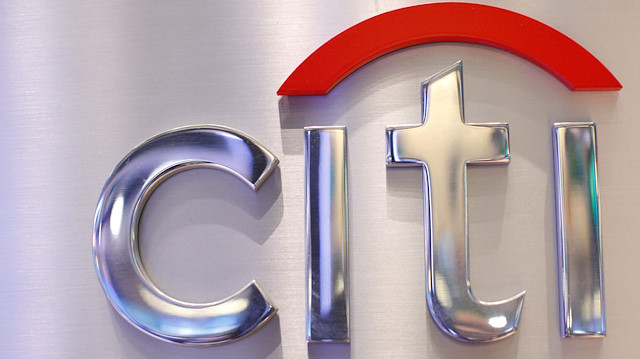
Citigroup expects Brent to average $60 per barrel in 2019 while Morgan Stanley cuts forecast by $10 a barrel for next year
Two U.S. major investment banks forecast low oil prices for next year and foresee rising U.S. oil output increasing overall supply in 2019 in spite of OPEC and its allies agreeing to curb production at the latest OPEC meeting in Vienna on Dec. 7.
Citigroup said Monday in a note that output cuts from the cartel and its allies, dubbed as OPEC , would encourage U.S. shale producers to pump more crude to the global oil market.
"OPEC did the work of drawing down inventories that otherwise would have to be done through a painful period for shale producers," Ed Morse, the global head of commodities research at Citigroup, said in a statement.
"The more OPEC tries to support prices by withholding oil from the market, the more they give the U.S. shale sector an out from rationing supply growth themselves," it added.
Citigroup said it forecasts international benchmark Brent crude trading between $55 and $65 per barrel in 2019.
Brent could decline to around $40 a barrel if the OPEC cut deal does not work, Citigroup warned, adding the benchmark could climb to $70 to $80 per barrel if OPEC takes more oil off the market or if supply disruptions occur.
Another American multinational investment bank and financial services firm Morgan Stanley said Monday that it lowered its oil price forecast by $10 a barrel for next year.
The firm said it now expects Brent crude to average $68.50 per barrel in 2019, down from its previous estimate of $78.50.
It said in a note that OPEC curbing production would have a calming effect over concerns of a supply glut in the global market, but the bank also determined that the oil cut deal would have a limited impact on oil prices.
The OPEC deal will prevent building oversupply in the global market during the first half of 2019, Morgan Stanley said, adding Brent crude price could reach $67 per barrel at the end of June 2019.
The bank said it was unlikely in the quarters ahead that Brent crude would again rise above $80 a barrel, a level that was last seen in October 2018.


